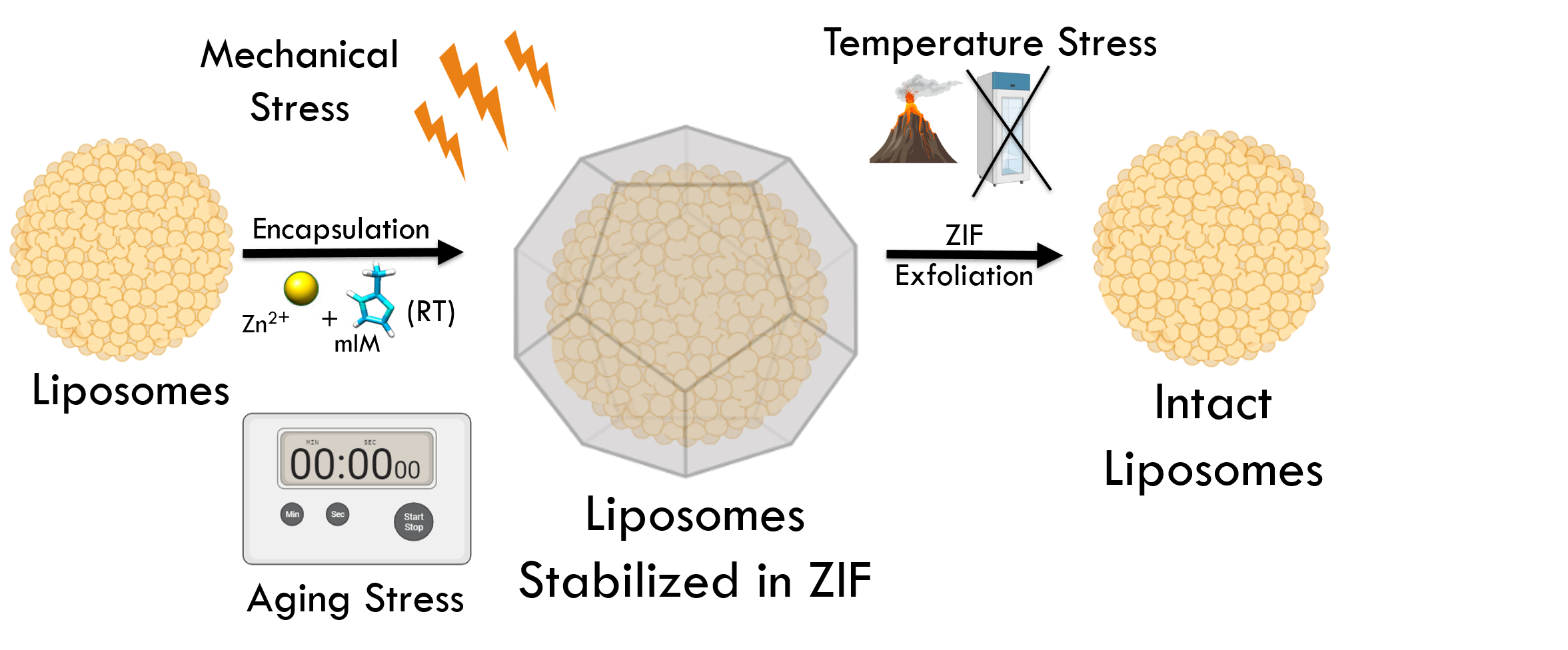PeerJ Material Science sponsored a PeerJ Award for Outstanding Student Presentation at the ACS/Dallas-Fort Worth section Meeting in Miniature on May 1st – this year held virtually. The award was won by Fabian C. Herbert, who recently gave us an intriguing insight into his research.
If you are organizing a conference or workshop and would like to offer a PeerJ Award at your event, please let us know – communities@peerj.com
Fabian C. Herbert PhD Candidate, Chemistry Department at The University of Texas at Dallas.
 Can you tell us a bit about yourself and your research interests?
Can you tell us a bit about yourself and your research interests?
My research interests circle around stability enhancement of bio-entities against conditions (e.g. mechanical stress and absence of refrigeration) that easily could impair their function.
What aspect of this research did you present at the Meeting in Miniature?
The presentation consisted of our results recently published in Nat. Comm. More specifically, on the stabilization of lipid-based nanoparticles (liposomes, transmembrane protein detergent micelles, and proteoliposomes) against heat, absence of refrigeration, and mechanical stress imposed by a trip from Texas to Rhode Island and back.
What first interested you in this field of research?
We were motived by the obstacles that most therapeutics (e.g. COVID-19 Moderna/Pfizer vaccines) have in relation to their stability. Distribution, storage, and usage of these depends on a high energy consumption refrigeration process called the cold chain. Thus, we became interested in finding alternatives to bypass the cold chain, while still preserving the integrity of the materials.
 To that end, we turned to Metal-Organic Frameworks (MOFs), which are coordination polymers with tuneable properties. Our investigations resulted in an experimental design that could potentially alleviate the need for COVID-19 vaccines to be refrigerated at extremely low temperatures to guarantee their functionality. Further, our design could allow these therapeutics to be distributed, stored, and used in virtually any setting in need of them (for example developing countries, natural disaster sites, etc.)
To that end, we turned to Metal-Organic Frameworks (MOFs), which are coordination polymers with tuneable properties. Our investigations resulted in an experimental design that could potentially alleviate the need for COVID-19 vaccines to be refrigerated at extremely low temperatures to guarantee their functionality. Further, our design could allow these therapeutics to be distributed, stored, and used in virtually any setting in need of them (for example developing countries, natural disaster sites, etc.)
How will you continue to build on this research?
We are actively expanding our research scope to attempt stabilization of lipid-based nanoparticles currently used in COVID-19 clinical trials. The goal is to exploit the potential of MOFs to stabilize the vaccine nanoparticles currently being used in global immunization campaigns.
How did you find the virtual conference experience?
The virtual conference was a great learning experience for me. It pushed me to conceptualize my ideas in a way that was easy for the audience present to understand. It also helped me learn from others regarding how they plan their experiments, how they present their research, and what ideas they are currently pursuing in their graduate careers.


